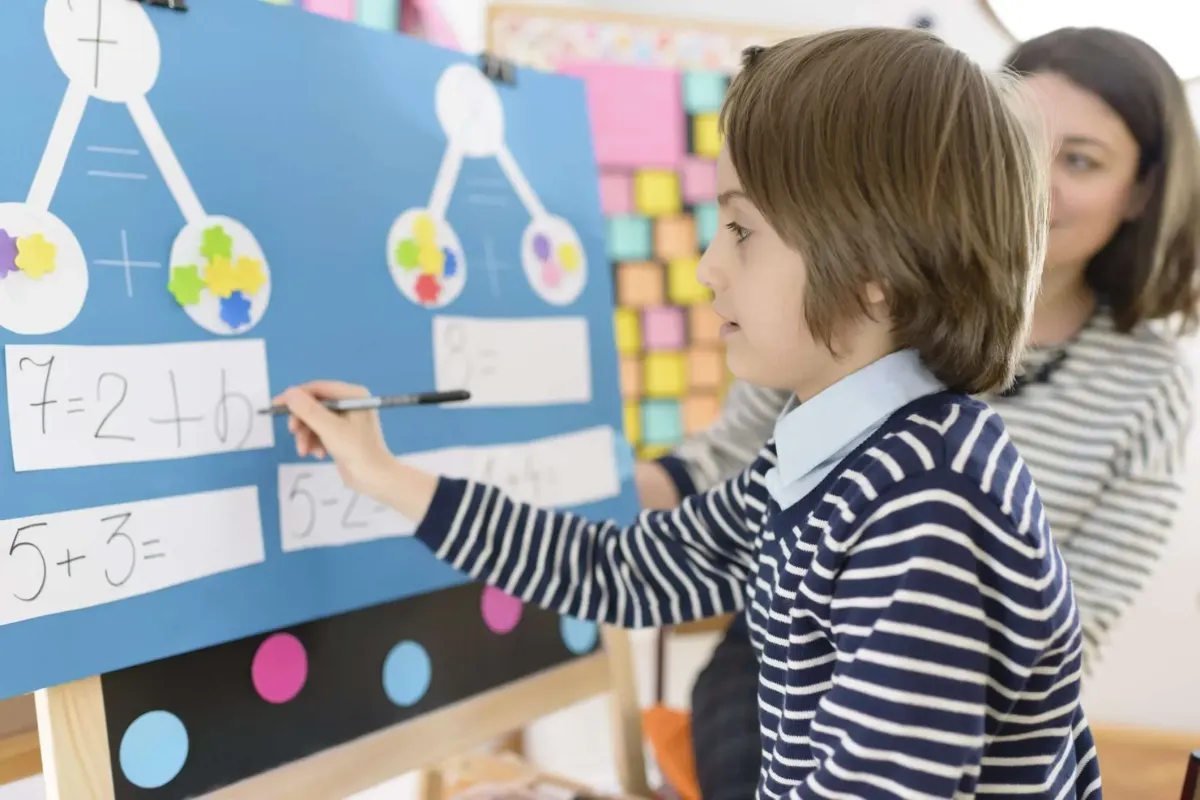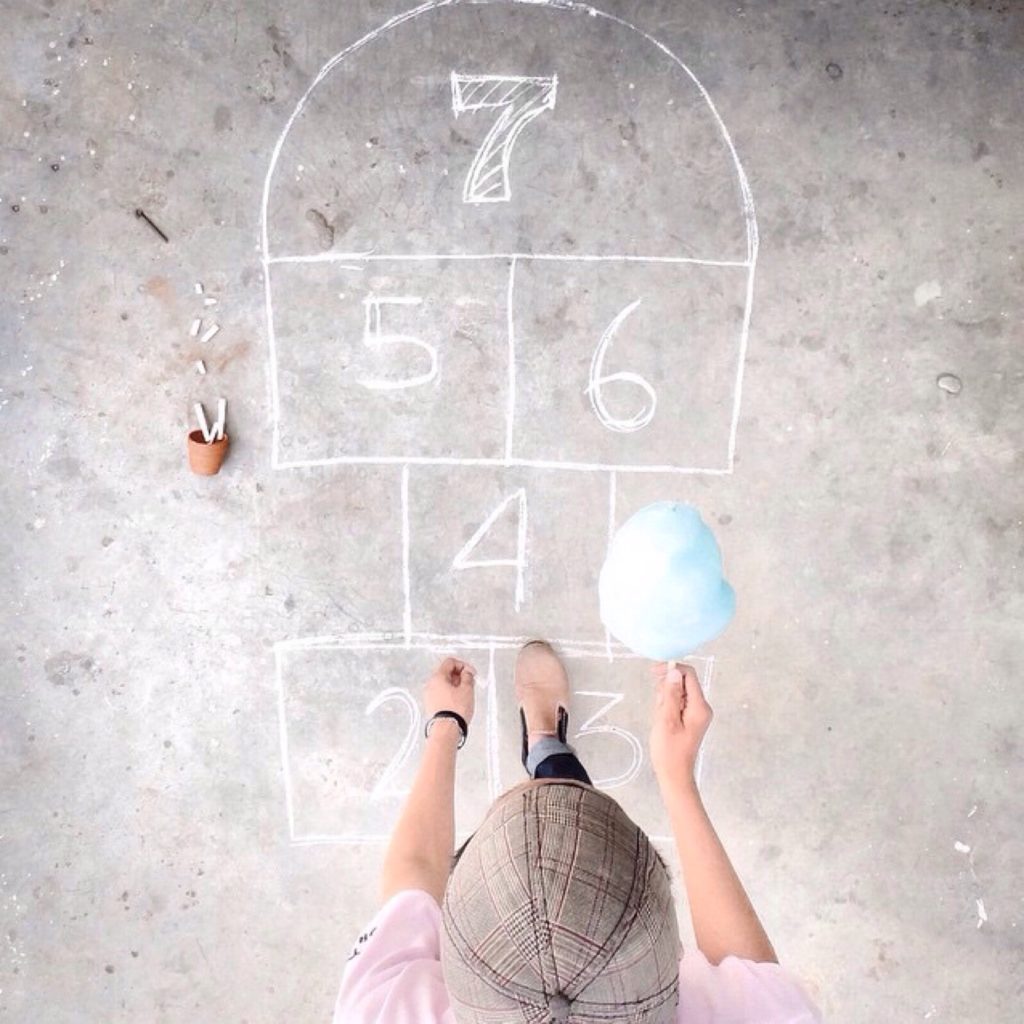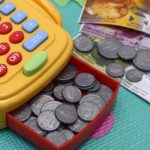
What do Year 1 learn in Maths

WHAT DO YEAR 1 LEARN IN MATHS
What do Year 1 learn in Maths
In Year 1, children build on the foundational skills they learned in Reception (Early Years Foundation Stage) and begin to explore more structured mathematical concepts. The focus is on developing number sense, problem-solving, and applying maths to real-life situations. Here’s are the key areas of maths covered in Year 1:
1.Number and Place Value
Children learn to count forwards and backwards up to 100.
They read and write numbers from 0 to 20 and beyond.
They understand the value of each digit in a 2-digit number (e.g., in 24, the 2 represents 20).
They compare numbers using terms like greater than, less than, and equal to.
2.Addition and Subtraction
Children solve simple addition and subtraction problems using numbers up to 20.
They use objects, drawings, and number lines to help them work out problems.
They begin to learn number bonds (pairs of numbers that add up to a given number, e.g., 7 + 3 = 10).
3.Multiplication and Division
Children are introduced to the concept of multiplication as repeated addition (e.g., 2 + 2 + 2 = 6 is the same as 2 x 3 = 6).
They learn to share objects equally to understand division (e.g., sharing 10 sweets between 2 people).
4.Fractions
Children are introduced to simple fractions, such as halves and quarters.
They learn to find half or a quarter of a shape or a small set of objects.

5.Measurement
Children learn to measure length, height, weight, and capacity using non-standard units (e.g., cubes, hands) and simple standard units (e.g., centimetres, kilograms).
They begin to tell the time to the hour and half-hour on analogue clocks.
They learn to recognise and use money, including coins and notes.
6.Geometry: Shapes and Position
Children learn to name and describe common 2D shapes (e.g., squares, circles, triangles) and 3D shapes (e.g., cubes, spheres).
They use positional language like above, below, next to, and between to describe where things are.
7.Statistics
Children are introduced to simple data handling, such as creating and interpreting pictograms and tally charts.
8.Problem-Solving
Children apply their maths skills to solve real-life problems, such as working out how many apples are left if some are eaten or sharing toys equally.
They use practical equipment like counters, beads, and cubes to help them visualise and solve problems.
9.Patterns and Sequences
Children learn to recognise and create simple patterns and sequences, such as counting in 2s, 5s, and 10s.

10.Using Mathematical Language
Children are encouraged to use mathematical vocabulary to explain their thinking, such as add, subtract, total, difference, half and quarter.
How Parents Can Help:
Practice counting: Count objects at home, like toys or steps.
Play games: Use board games or card games that involve counting or simple calculations.
Use real-life examples: Let your child help with measuring ingredients, telling the time, or counting money.
Encourage problem-solving: Ask questions like – If we have 5 apples and eat 2, how many are left?
Year 1 maths is all about making learning fun and practical, so children can see how maths applies to their everyday lives. By the end of the year, they should feel confident with basic number skills and be ready to tackle more challenging concepts in Year 2!
